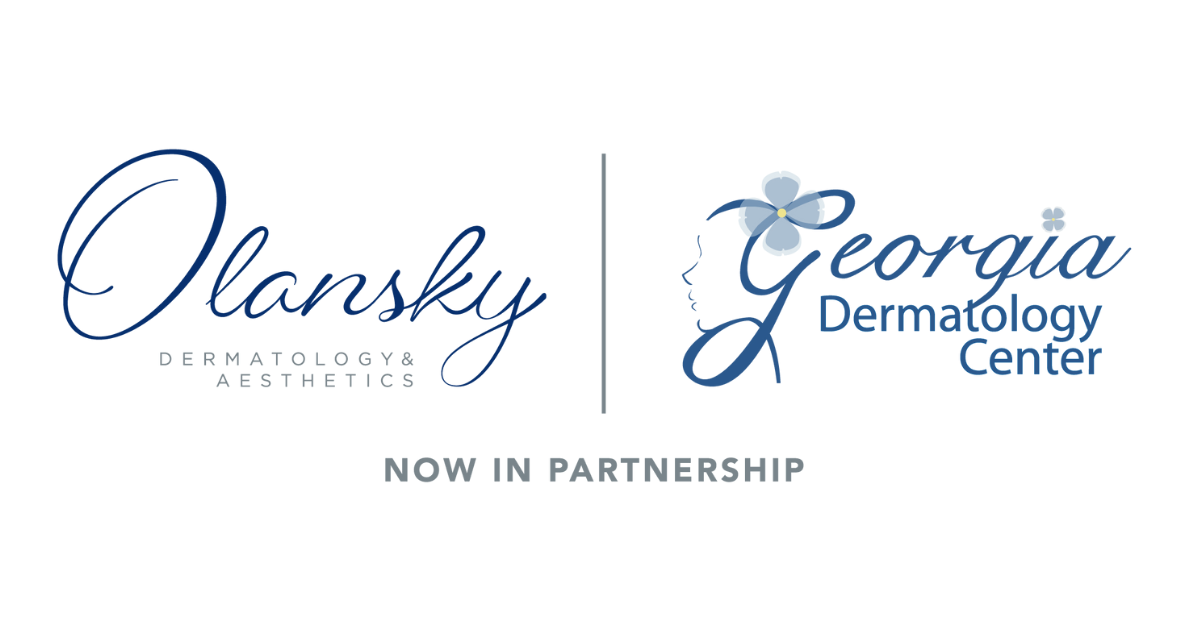Protecting your skin from harmful ultraviolet rays can be obtained several ways. Sunscreen is one of the many ways of protecting your skin from the sun’s powerful and damaging effects. There are two types of ultraviolet light that the sun exposes. UVA (ultraviolet A-aging) rays penetrate deeper into the skin and are responsible for premature aging of the skin (wrinkles, brown spots). UVA rays can pass through window glass, such as car windows or the windows of your home. The UVB (ultraviolet B-burning) rays are responsible for sun burns and “tanning”. What does sun exposure, tanning really mean? Your skin acts as a defense mechanism. When ultraviolet rays are penetrating the skin, it triggers the proliferation of melanocytes, the pigment where melanoma forms, harming the skin cells’ DNA; changing your skin color. In essence, your sun burn or tan is a warning sign that your skin is being exposed and damaged by ultraviolet rays. Exposure to both forms of ultraviolet rays can lead to skin cancer.
Protecting your skin from the sun is important at every age. The AAD (American Academy of Dermatology) recommends an SPF of 50 or higher. This is to be applied 30 minutes before sun exposure and reapplied every two hours or after sweating or swimming. Remember to apply to your scalp, ears, top of the feet, and use a lip balm with an SPF. The sun’s rays will also reflect off of snow, water, and sand. Don’t forget 80% of the sun’s UV rays can pass through on a cloudy day. It’s important to apply sunscreen every day of the year.
There are many types of sunscreens that could be introduced into your daily regimen. Georgia Dermatology carries a variety of sunscreens, including Revision’s Intellishade, full line of Elta MD, and SkinMedica.
Georgia Dermatology understands that our patient’s daily activities and lifestyle cannot eliminate the outdoors. However, we can offer some great tips for protecting their skin. If need to be outside, seek shade whenever possible; whether this be an outdoor shelter, tent, or umbrella to protect you from the sun’s powerful rays. Try and avoid being outside when the sun’s rays are the strongest between 10am-4pm. Wearing protective clothing such as long sleeved shirts, light pants, a wide brimmed hat, and sunglasses can protect you from the sun. You can purchase clothing with ultraviolet protection. Look for products with a UPF of 30 or more. Georgia Dermatology recommends sun protective clothing such as Coolibar (www.coolbar.com).
People of all ages, including babies, children, and teens, should have their skin checked regularly. This may be performed by a pediatrician, family doctor, primary care physician, gynecologist, or dermatologist. A person considered as a high risk patient would have one or more of the following: a family history of melanoma, more than 50 moles, fair skin, blonde or red hair, and blue eyes, a history of multiple sun burns (blistering), personal history of skin cancer, and personal history of atypical moles or dark appearing moles. People with a history of an organ transplant and tanning bed/sun lamp use are also at an increased risk for getting skin cancer. These high risk patients should be seen by a dermatologist at least yearly. If you notice anything changing, growing, or bleeding on your skin, please see a dermatologist as soon as possible.
Dr. Alexander Gross is an experienced physician in treatment of skin cancer with over 25 years of experience. If you are concerned that you may have some unusual changes to moles or other changes on your skin, make an appointment now with Dr. Alexander Gross at Georgia Dermatology Center in Cumming, GA. Dr. Gross has patients coming to him for skin cancer treatment from all over north Georgia including Atlanta, Alpharetta, Roswell, Johns Creek, Canton, and Gainesville, GA.
Monday 8AM-4PM
Tuesday 7AM-1:30PM
Wednesday 8AM-4PM
Thursday 8 AM-4PM
Friday 7 AM-1:30PM
Georgia Dermatology Center | 1505 Northside Blvd. Suite 1500 | Cumming, Georgia 30041 | Telephone: (770) 781-5077
Georgia Dermatology Center in Cumming, Georgia provides high quality dermatology services to patients in the North Atlanta area and many of the surrounding communities such as Alpharetta, Johns Creek, Roswell, Milton, Canton, Dawsonville, Suwanee, Buford, and Sandy Springs. With experience and training, our expert physicians and medical staff are dedicated to helping our patients correct skin conditions and diseases, as well as, achieving their beautiful skin goals.
Designed by InkThemes.com







